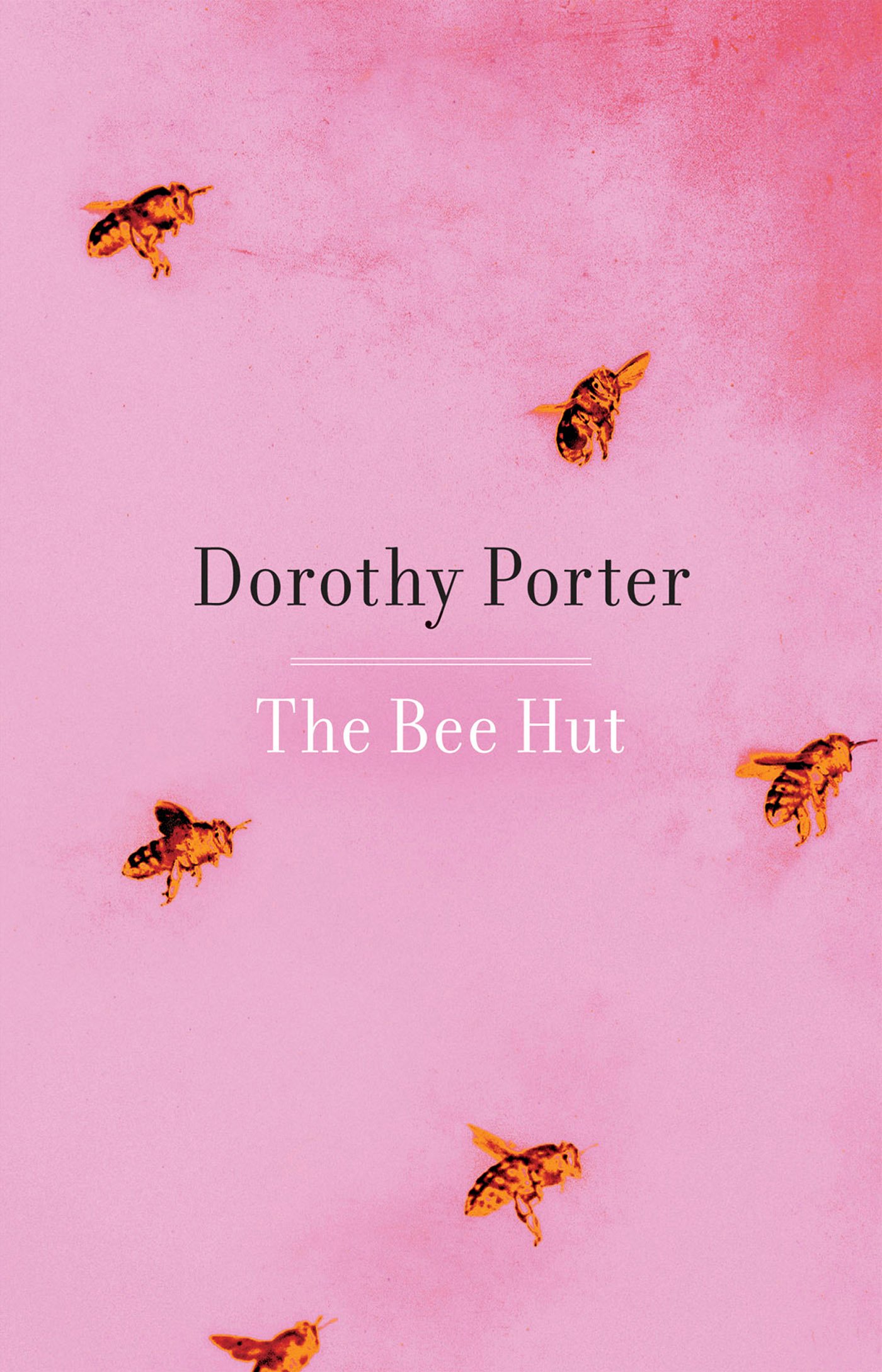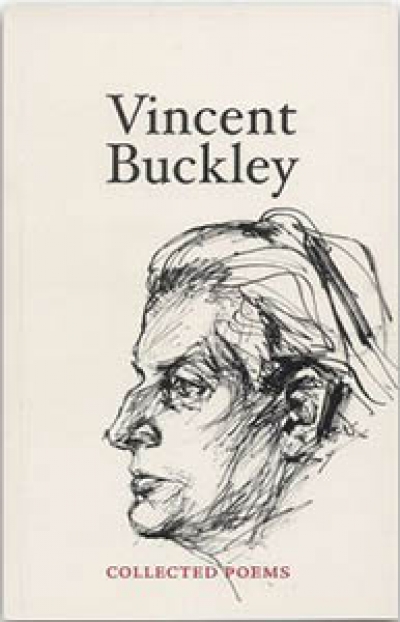Australian Poetry
Film | Theatre | Art | Opera | Music | Television | Festivals
Welcome to ABR Arts, home to some of Australia's best arts journalism. We review film, theatre, opera, music, television, art exhibitions – and more. To read ABR Arts articles in full, subscribe to ABR or take out an ABR Arts subscription. Both packages give full access to our arts reviews the moment they are published online and to our extensive arts archive.
Meanwhile, the ABR Arts e-newsletter, published every second Tuesday, will keep you up-to-date as to our recent arts reviews.
Recent reviews
In an essay on the poetry of George Crabbe, Peter Porter wrote, ‘It is a great pleasure to me, a man for the littoral any day, to read Crabbe’s description of the East Anglian coast.’ Happily, there is by now a substantial and various array of writings about Porter’s work, and I would like simply to add that his being, metaphorically, ‘a man for the littoral’, with all its interfusions, is one of his distinguishing qualities, and something to rejoice in. Coastlands, and marshes, are essential to his intellect and to his imagination. He may never have had one foot in Eden, but he did rejoice in a plurality of territories.
... (read more)The Puncher & Wattmann Anthology of Australian Poetry edited by John Leonard
Motherlode: Australian Women’s Poetry 1986 – 2008 by Jennifer Harrison and Kate Waterhouse
Macquarie Pen Anthology of Australian Literature edited by Nicholas Jose
Saturday. The usual 9 a.m. flight.
The man beside me hefts a Gladstone.
‘I haven’t seen one of those in years,’
I say, this being sociable Saturday.
I recall a worn one from my twenties
owned by someone else. Always empty








